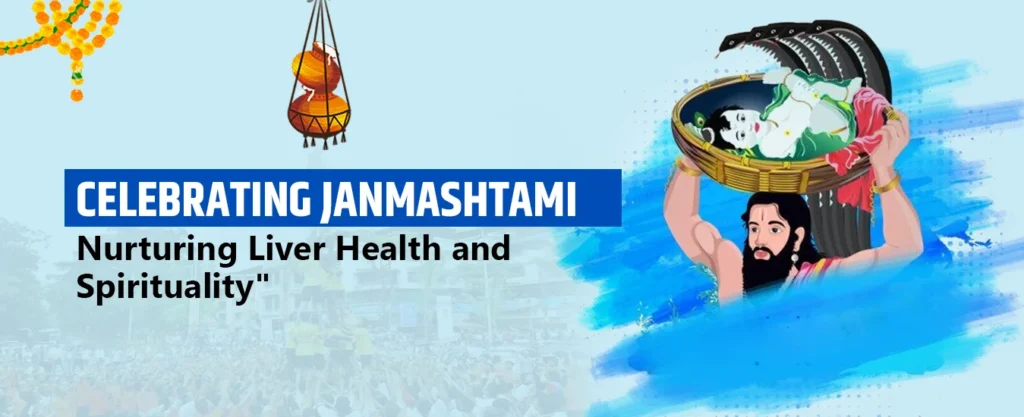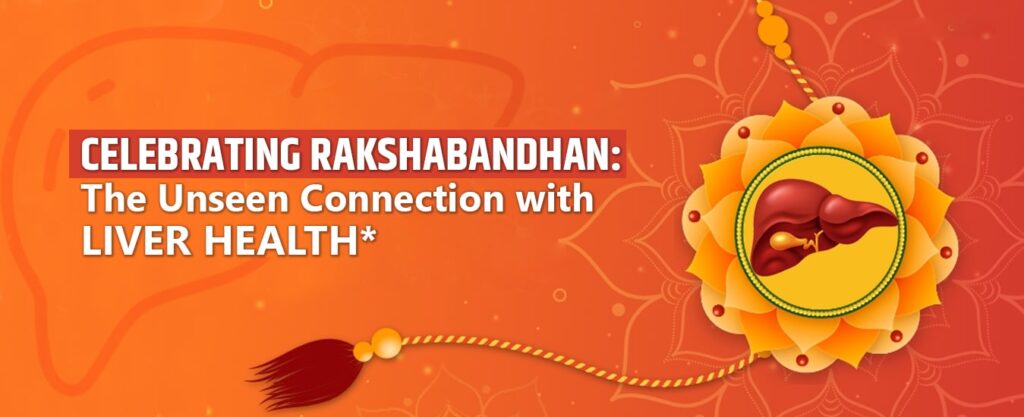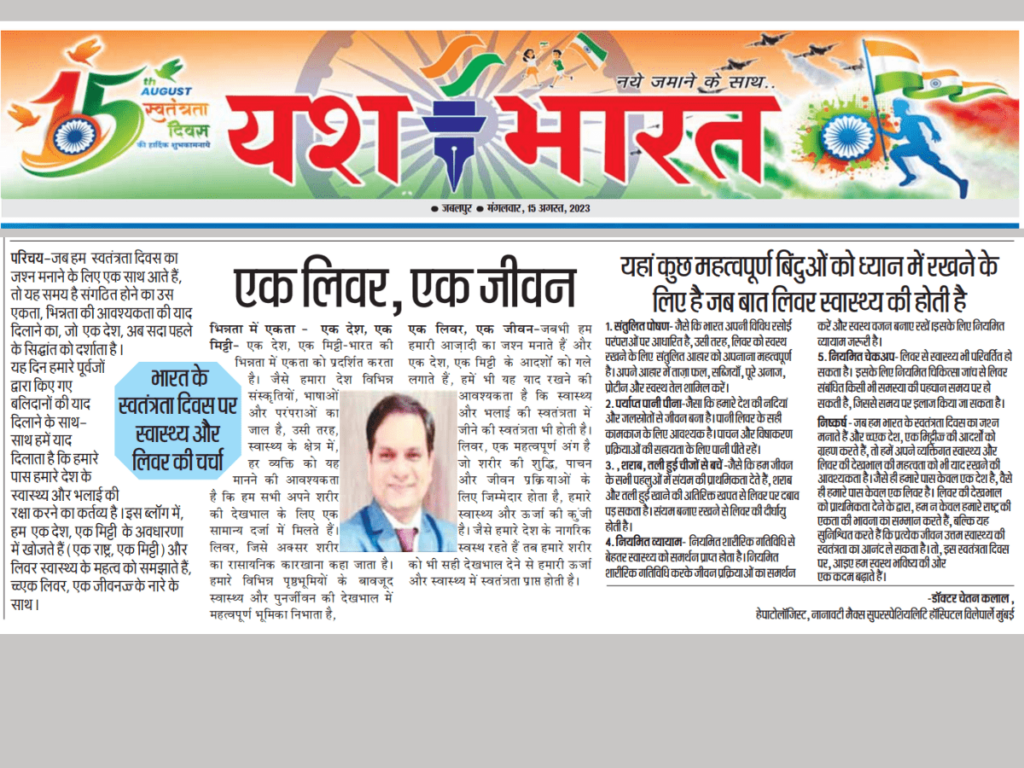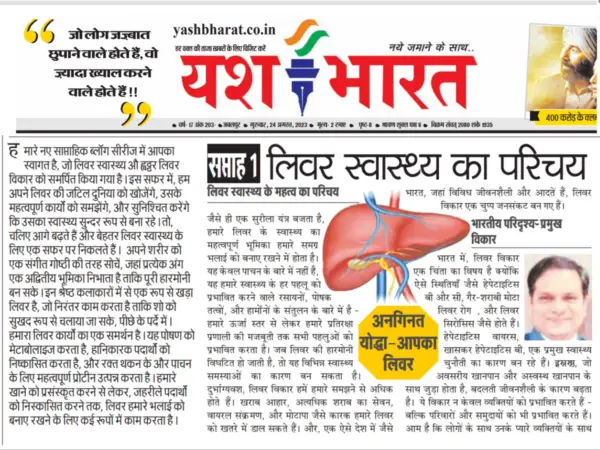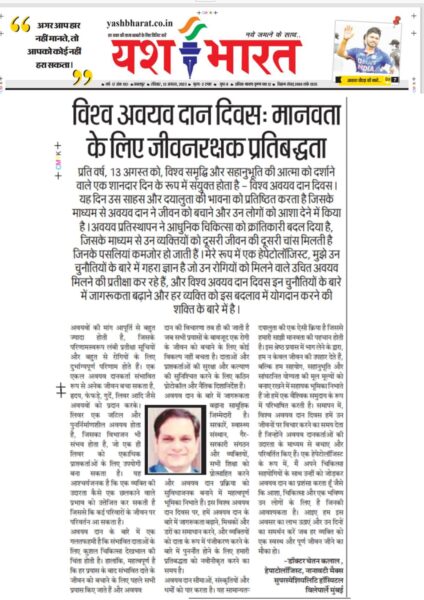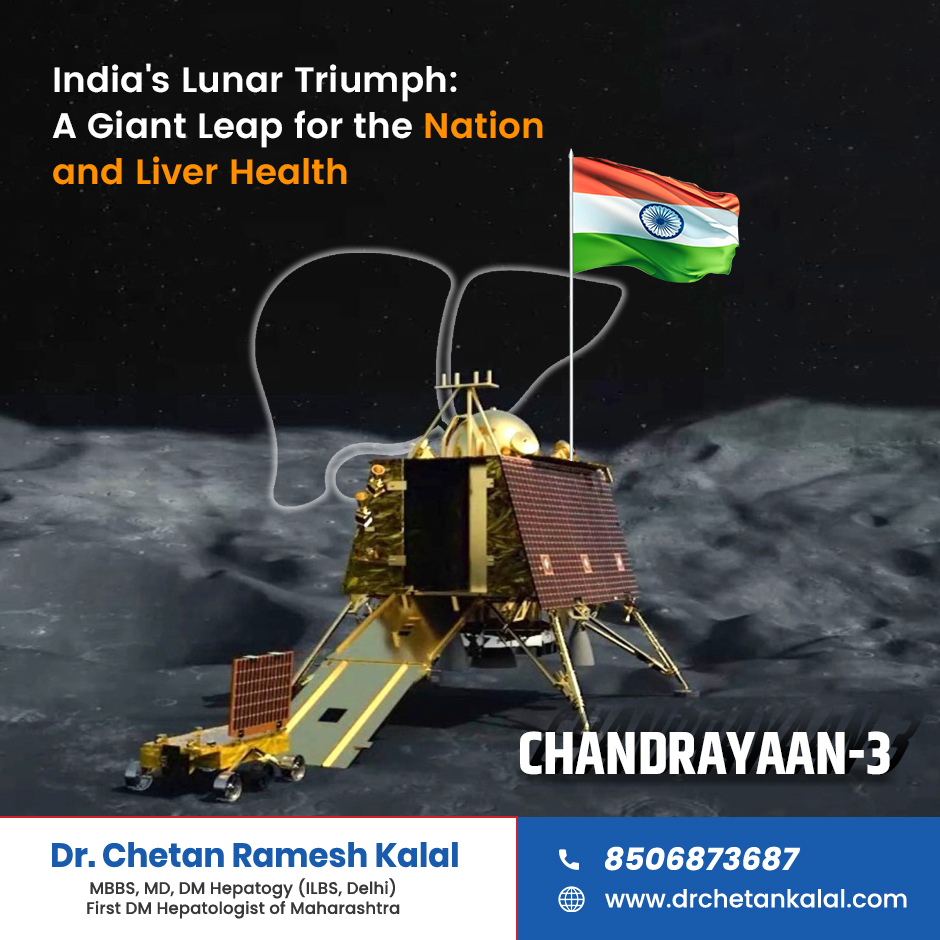Celebrating Janmashtami: Nurturing Liver Health and Spirituality
*Introduction:* Janmashtami, also known as Krishna Jayanti, is a vibrant and joyous festival celebrated by millions of people worldwide. It marks the birth of Lord Krishna, who is not only a divine figure but also a symbol of wisdom, compassion, and holistic living. As a hepatologist, I find it fascinating to explore the intriguing connection between Janmashtami and liver health. Let’s delve into this unique perspective on this auspicious occasion. *Balancing Act:* Lord Krishna, in his childhood, was known for his mischievous and adventurous nature. He would often engage in activities that required boundless energy and vitality. This boundless energy resonates with the importance of a healthy liver in our lives. The liver, after all, is our body’s energetic powerhouse, performing an array of vital functions that keep us going. *Digestion and Detoxification:* One of the liver’s key roles is in digestion. It produces bile, a digestive juice that breaks down fats and helps absorb essential nutrients. Similarly, Lord Krishna’s love for butter and dairy products underscores the significance of good digestion and nutrient absorption. Moreover, the liver serves as our body’s detoxification center, eliminating harmful toxins and waste products. Just as Lord Krishna is revered for vanquishing evil forces, the liver protects our body from harmful invaders, ensuring our well-being. *Healthy Lifestyle Lessons:* Lord Krishna’s life offers valuable lessons for a balanced and healthy lifestyle. His teachings emphasize the importance of moderation, physical activity, and a diet rich in fruits, vegetables, and dairy products. These principles align remarkably well with modern notions of maintaining liver health. *Moderation:* In Krishna’s teachings, moderation is key. Excessive consumption of alcohol, fried foods, and rich, fatty meals can strain the liver. Emphasizing moderation, like Lord Krishna did, is a step towards liver well-being. *Physical Activity:* Lord Krishna’s youthful enthusiasm for sports, including the iconic game of “Dahi Handi,” highlights the importance of physical activity. Regular exercise not only promotes overall health but also supports liver function. *Nutrient-Rich Diet:* Lord Krishna’s preference for fresh dairy products, fruits, and vegetables is a testament to the significance of a balanced diet. These foods provide essential nutrients that nourish the liver and enhance its functionality. *Stress Management:* Krishna’s teachings on inner peace and stress management resonate with our understanding of stress’s impact on liver health. Chronic stress can harm the liver, making relaxation and mindfulness essential. *Conclusion:* As we celebrate Janmashtami, let us not only embrace the spiritual significance of this festival but also reflect on the wisdom it imparts regarding liver health and holistic living. Just as Lord Krishna’s life exemplifies balance, moderation, and vitality, let us endeavor to maintain our liver’s well-being by adopting a healthy lifestyle. #HappyJanmashtami! May your liver and your spirit both thrive in perfect harmony.
Celebrating Janmashtami: Nurturing Liver Health and Spirituality Read More »

